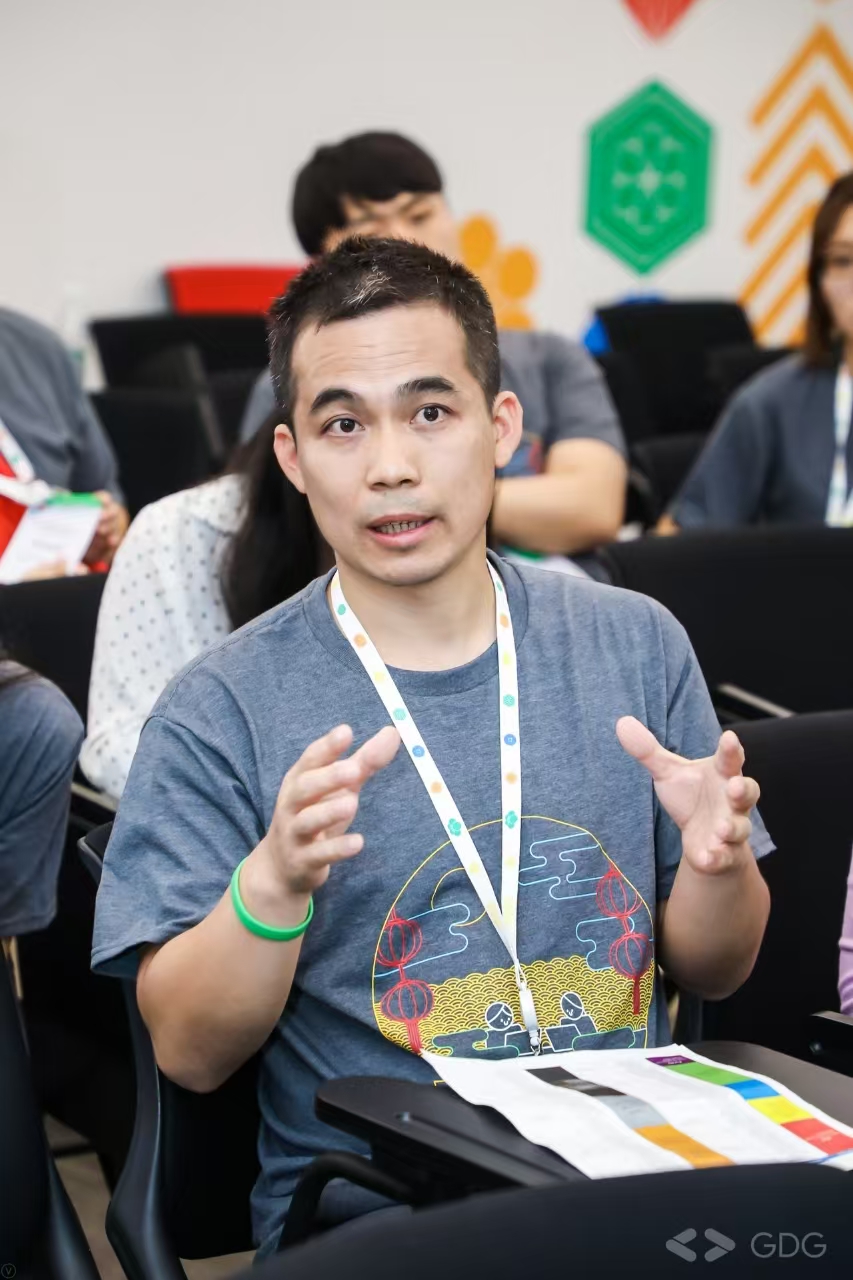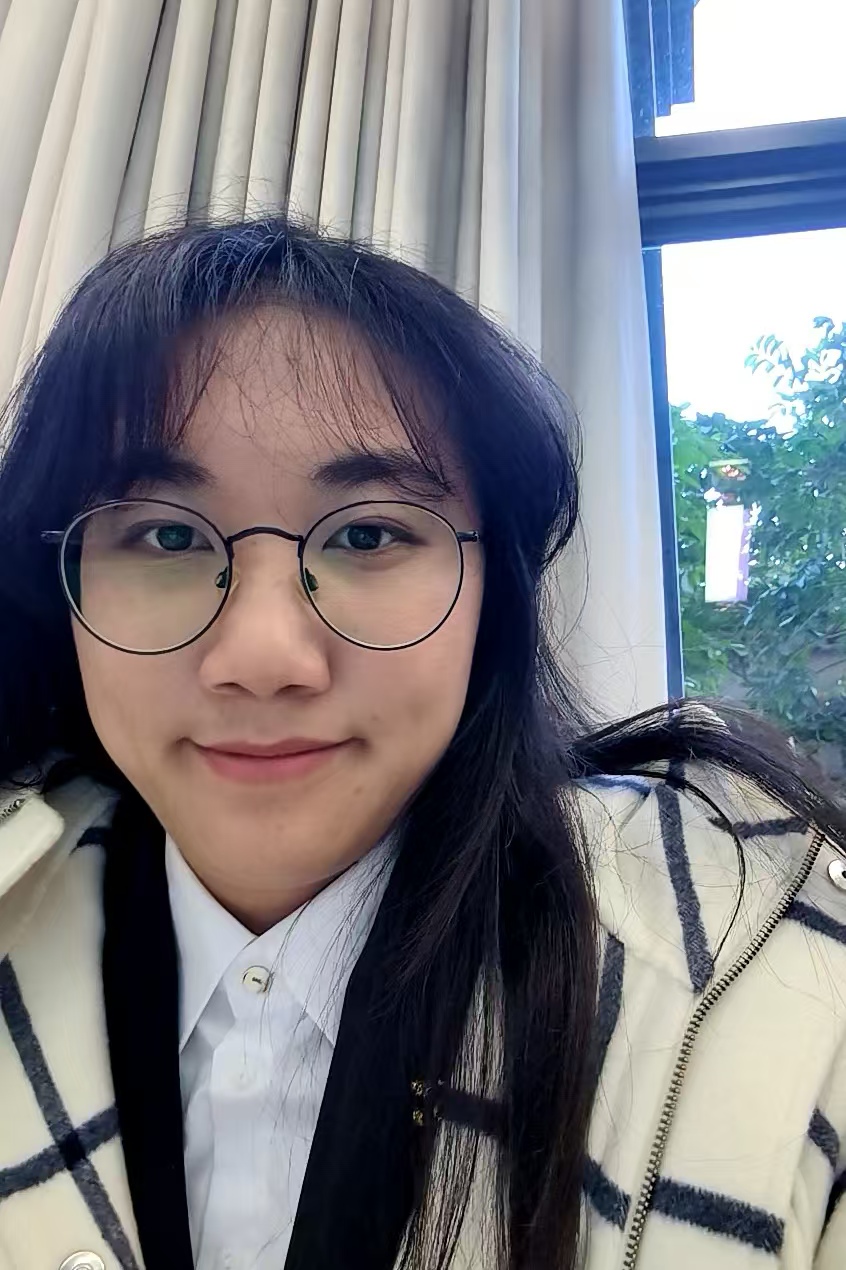Invited Speakers
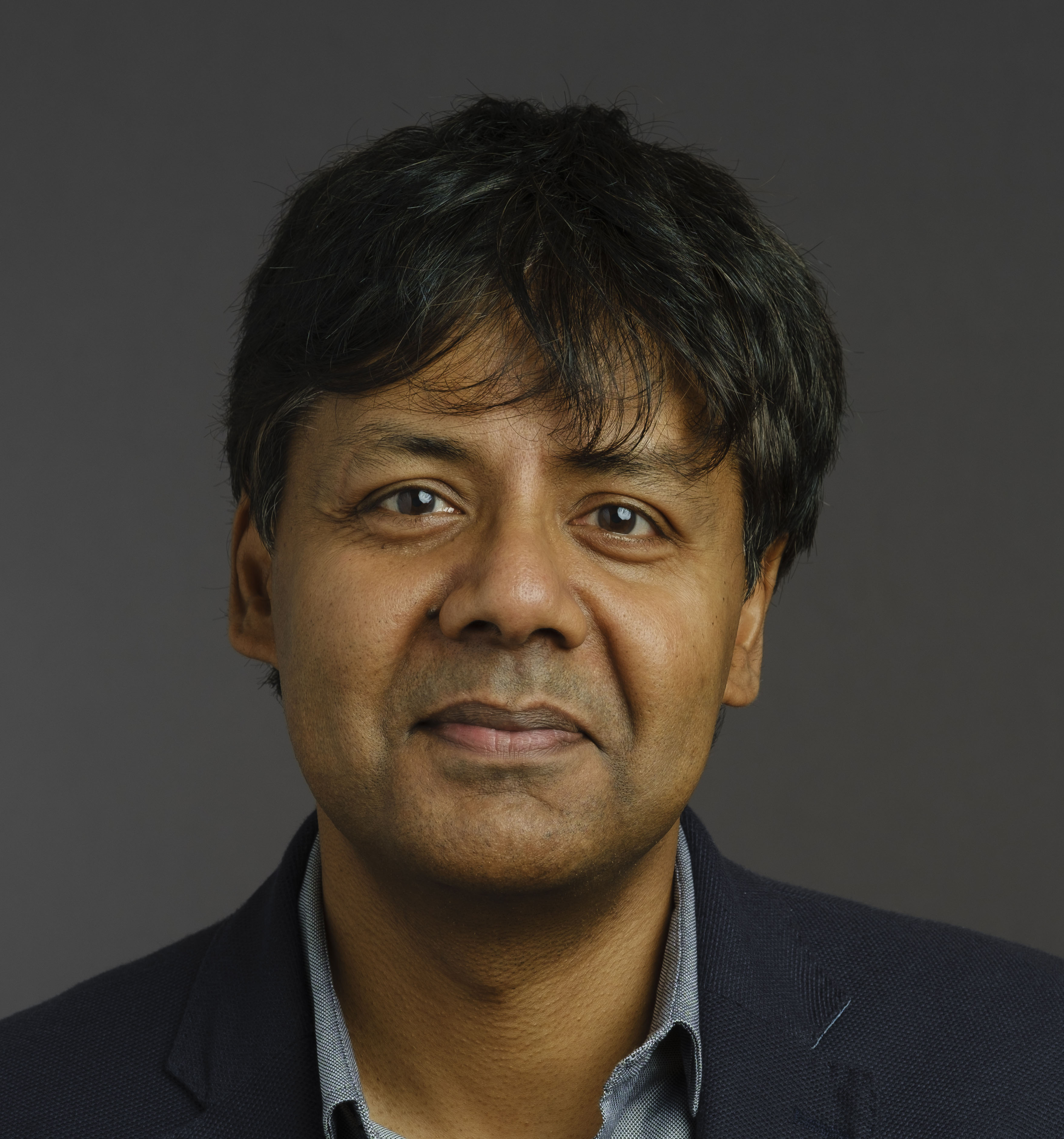
Sethu Vijayakumar
Professor of Robotics, University of Edinburgh
Programme Director, The Alan Turing Institute, London
Fellow of the Royal Society of Edinburgh, UK
This session will introduce powerful machine learning technologies ranging from robust multi-modal sensing, shared representations, scalable real-time learning and adaptation, and compliant actuation that are enabling us to reap the benefits of increased autonomy while still feeling securely in control – with focus on latest algorithmic and hardware developments.
This also raises some fundamental questions: while the robots are ready to share control, what is the optimal trade-off between autonomy and control that we are comfortable with?
Domains where this debate is relevant include deployment of robots in surgical interventions, extreme environments, self-driving cars, asset inspection, repair & maintenance, factories of the future and assisted living technologies including exoskeletons and prosthetics to list a few.
Group Webpage | LinkedIn

Yun Gu
Associate Professor, Institute of Medical Robotics, Shanghai Jiao Tong University
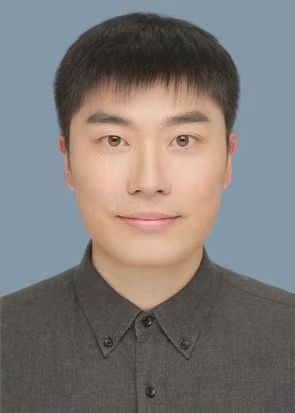
Chongjing Cao
Associate Research Fellow, Shenzhen Institutes of Advanced Technology, Chinese Academy of Sciences
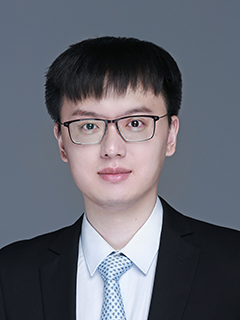
Hao Dong
Assistant Professor, Center on Frontier Computing Studies, School of Computer Science, Peking University
He has published over 70 papers in top-tier conferences and journals, including RSS, ICRA, CoRL, IROS, NeurIPS, ICLR, CVPR, and ICCV, with more than 8,000 citations on Google Scholar. Hao has received several international accolades, such as the IROS 2024 Best Application Paper Finalist, ByteDance Best Mentor Award 2024, Champion of the NeurIPS 2022 MyoChallenge for dual-object manipulation, and the ACM MM 2017 Best Open Source Software Award.
He has served as an Area Chair and Associate Editor for leading conferences and journals such as NeurIPS, CVPR, AAAI, ICRA, and Machine Intelligence Research, where he received the Outstanding Associate Editor Award. He has led a National Key Project on Next-Generation Artificial Intelligence.

Shanghang Zhang
Assistant Professor, Peking University
Director of Embodied Multimodal Large Language Model
Center, BAAI
Shanghang Zhang honors include being named an EECS Rising Star (US), a Global AI Young Female Scholar, a member of the China Association for Science and Technology Youth 100, and an AI 100 Young Pioneer. She won first place in the International Human Brain Multimodal Computational Model Response Prediction Competitionand the ICCV Continual Learning Competition. She has organized workshops at NeurIPS and ICML and served as a Senior Program Committee member for AAAI 2022–2024.
Shanghang Zhang earned her Ph.D. from Carnegie Mellon University in 2018 and conducted postdoctoral research at the University of California, Berkeley.

